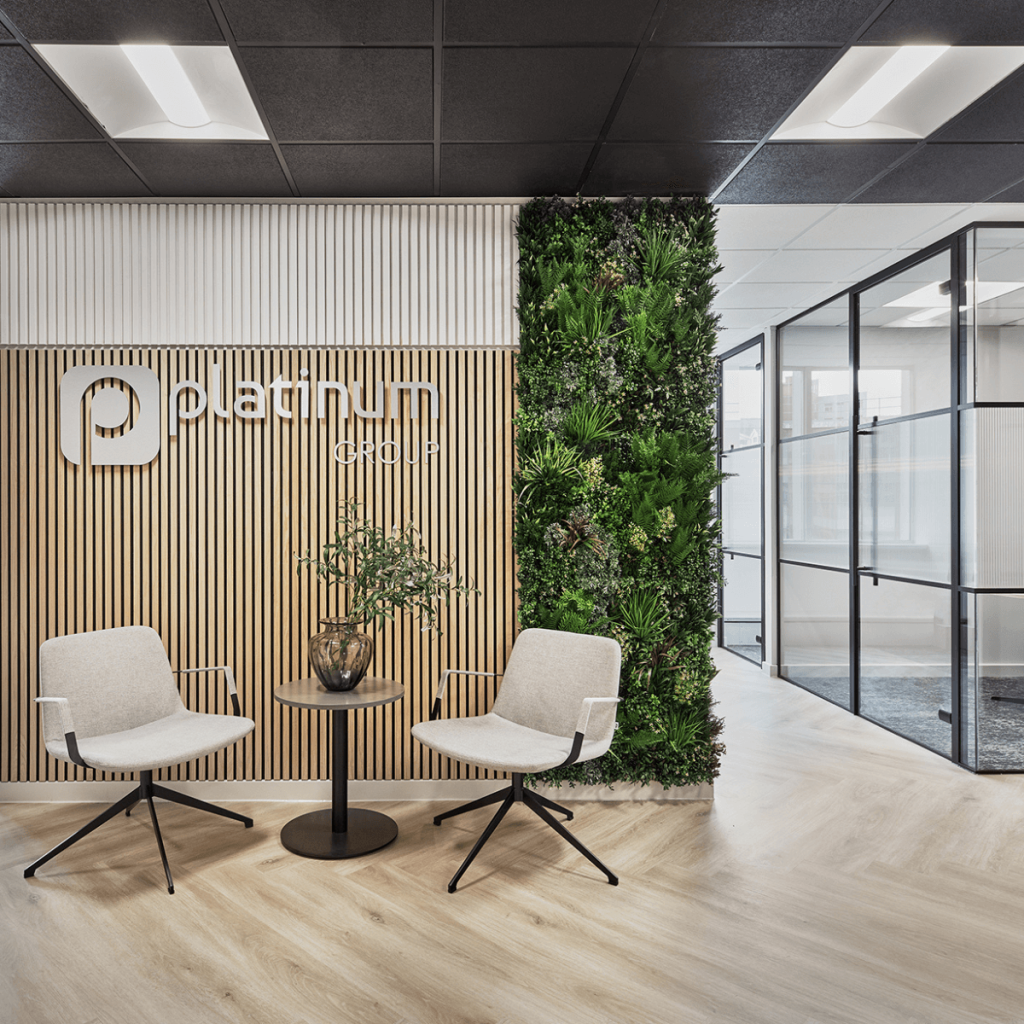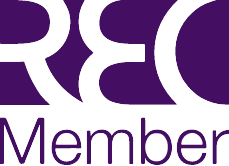In April 2025, employers across the UK will face a substantial rise in National Insurance Contributions (NIC). This will put significant pressure on payroll budgets. In addition, the UK Government reduced the secondary threshold for national insurance from £9,100 to £5,000 per year. The change will mean employers now pay NI on a larger portion of their employees’ earnings. It also means low-income and part-time workers will join the NI system.
This article will outline strategies for confronting these financial challenges head-on, from understanding the implications of the NI increase to finding innovative cost-saving ideas. We’ll show how hospitality businesses can weather the storm and stay ahead of the curve.
Here’s what we’ll cover:
The Impact of Rising National Insurance Contributions:
Understand how these changes will affect your bottom line and the future of payroll.
Strategies to Minimise the Financial Impact:
Learn how to reduce expenses without sacrificing quality or employee satisfaction.
Discover how working with industry-specific recruiters can save time, reduce costs, and improve staff retention.
Inspiring Hospitality Case Studies:
See how businesses have successfully navigated staffing shortages, seasonal peaks, and rising operational costs.
By adopting the right strategies, hospitality managers can adapt to the upcoming national insurance contribution changes. Let’s turn these challenges into opportunities to strengthen, improve, and future-proof your operations.

Understanding Employer’s National Insurance Contributions
National insurance contribution rates have risen slowly over the last decade, but this jump to 15% marks one of the most significant hikes in recent years. The more worrying picture is the decrease in the secondary threshold and what this means overall for national insurance contributions.
Let’s look at the increase in employers’ NI for a worker earning £40,000 per year:
| Employer NI Rate | Secondary Threshold | Taxable Salary for NI | Employer NI Contributions |
| Current: 13.8% | £9,100 | £40k-£9.1k = £30,900 | £30.9k x 13.8% = £4,264.20 |
| New: 15% | £5,000 | £40k-£5k = £35,000 | £35k x 15% = £5,250 |
Cost Increase: New Cost (£5,250) – Old Cost (£4,264.20) = £985.80.
Percentage increase: £985.80 / £4,264.20 x 100 = 23.1%.
National Insurance Contributions: Turn Challenges into Opportunities
This latest rise in NI in April brings new hurdles for hospitality businesses but offers a chance to rethink strategies, innovate, and become stronger. Here’s a breakdown of the key challenges – and how they can lead to positive change:

Seasonal Hiring: Flexibility is Key
Seasonal peaks can strain budgets, but this is a chance to rethink how you manage temporary staff. With tailored recruitment strategies and innovative tech tools, you can hire just the right amount of staff at the right time, staying agile during busy periods.

Tight Margins: Think Creative Solutions
It’s time to innovate and add value instead of worrying about passing costs onto customers. From creative menu planning to personalised guest experiences, there are ways to stand out without raising prices. Every challenge can spark an opportunity to think outside the box.

Smart Hiring: Attracting and Keeping Talent
Yes, rising costs can make recruitment more challenging, but this is a golden opportunity to differentiate your business as a great workplace. Focus on building strong retention programs, offering career progression, and creating an environment where employees feel valued. You’ll not only cut costs but also build loyalty.

Service Quality: A Chance to Innovate
Maintaining service levels with higher costs might sound tricky, but it’s a chance to invest in technology that supports your team. Whether it’s automated reservation systems or digital ordering, tech solutions can lighten the load for staff while keeping customers happy.

Supply Chain: Collaborate and Thrive
Now is the time to strengthen your partnerships. Work with suppliers to identify cost-saving opportunities and explore local sourcing to reduce transportation costs and add a sustainable touch.
The Financial Benefits of Niche Recruitment Strategies
Strategic hiring can significantly reduce overheads and improve operational efficiency. Instead of maintaining a more extensive permanent workforce, companies can optimise costs by hiring niche, industry-specific talent as needed.
For example, instead of hiring a full-time hotel duty manager with an annual salary of £30,000, businesses can efficiently allocate responsibilities across several part-time or contract workers with specialised skills:
Front Desk Supervisor
Night Operations Coordinator
By dividing roles and utilising niche recruitment strategies, businesses can save on high national insurance contributions. This approach reduces overall payroll costs and ensures companies can leverage specialised skills only when needed. This flexibility in a rapidly changing market allows businesses to adapt and thrive without the risks of maintaining a larger permanent workforce.

Innovation: Success Stories from the Hospitality Industry
Several UK hospitality companies have effectively utilised temporary staffing to minimise costs and enhance operational efficiency. Here are three great examples:
Atlas Hotels
Atlas Hotels faced significant recruitment challenges, operating over 58 venues across the UK, including Holiday Inn Express and Hampton by Hilton sites, especially post-COVID-19. They partnered with a recruitment agency to address staffing gaps, achieving a 91% shift fulfilment rate and a 91% repeat worker rate. This collaboration allowed Atlas Hotels to manage fluctuating demands without the fixed costs associated with permanent staff.
DoubleTree by Hilton Edinburgh Airport
Situated near a major airport, this DoubleTree hotel experiences unpredictable and last-minute booking surges, necessitating a flexible and reliable workforce. By switching to agency staff, the hotel achieved a 95% shift fulfilment rate for housekeeping roles and a 100% repeat worker rate. This partnership enabled the hotel to efficiently manage staffing needs during unexpected events like flight delays.
Merlin Entertainments’ Chessington World of Adventures Resort
As a seasonal attraction, Chessington experiences a significant influx of visitors during peak periods, with approximately 60% of annual visitors arriving between late July and the end of August. To manage this surge, Merlin hires around 1,000 seasonal staff, primarily students, who constitute over 80% of the park’s workforce during peak times. This strategic use of temporary staffing allows the resort to effectively handle increased visitor numbers without the financial burden of a large permanent workforce.
These companies are a great testament to how hospitality companies leverage temporary staffing solutions to adapt to fluctuating demands, control costs, and maintain high operational standards.


Offset National Insurance Contributions with Platinum’s Help
In today’s fast-paced and ever-evolving job market, navigating changes in recruitment can be a complex and daunting task for many businesses. Fortunately, you do not have to face these challenges alone. With 20 years of industry experience, Platinum Recruitment has established itself as a reliable partner in the recruitment process, offering extensive support and expertise to help you secure the right talent for your needs.
Here are several key reasons why becoming our recruitment partner is beneficial for your hospitality business:
Shift NI Liability to Platinum: When businesses hire hospitality staff with us, we are responsible for paying Employers’ NI, not you. As a client, you only pay the agreed fee for the worker’s services. This can provide predictable costs and cash flow flexibility rather than absorbing rising NI expenses.
Use Temporary or Fixed-Term Contracts: Our flexible staffing options can reduce the number of full-time employees subject to NI. They can also allow businesses to avoid permanent payroll NI increases and provide flexibility to adjust workforce costs based on seasonal demand.
Reduce Administration Costs: At Platinum Recruitment, our in-house Accounts division handles payroll processing, NI and tax deductions, and pension contributions. Our Compliance team ensures that we adhere to the latest employment laws. This means businesses save on HR and payroll costs, partially offsetting the increased NI expense.
National Insurance Contributions: Let’s Conclude!
The rise in national insurance contributions doesn’t have to derail your business. By embracing flexible staffing, investing in technology, and optimising operations, you can minimise costs while maintaining excellent service. Partnering with Platinum Recruitment ensures you have the tools, talent, and strategies to thrive in 2025 and beyond.
Complete the short form below to explore how we can support your business during this transition.
